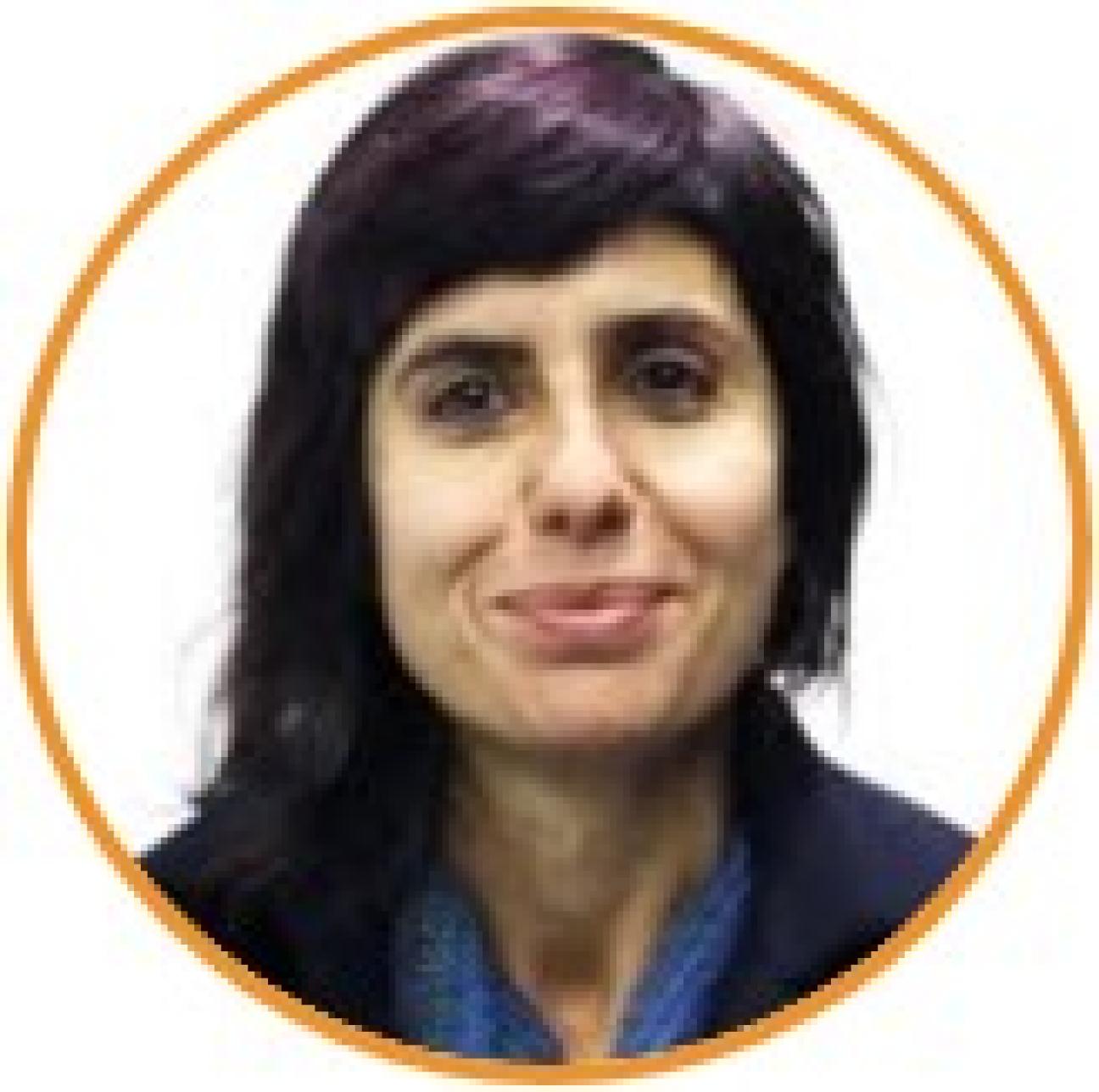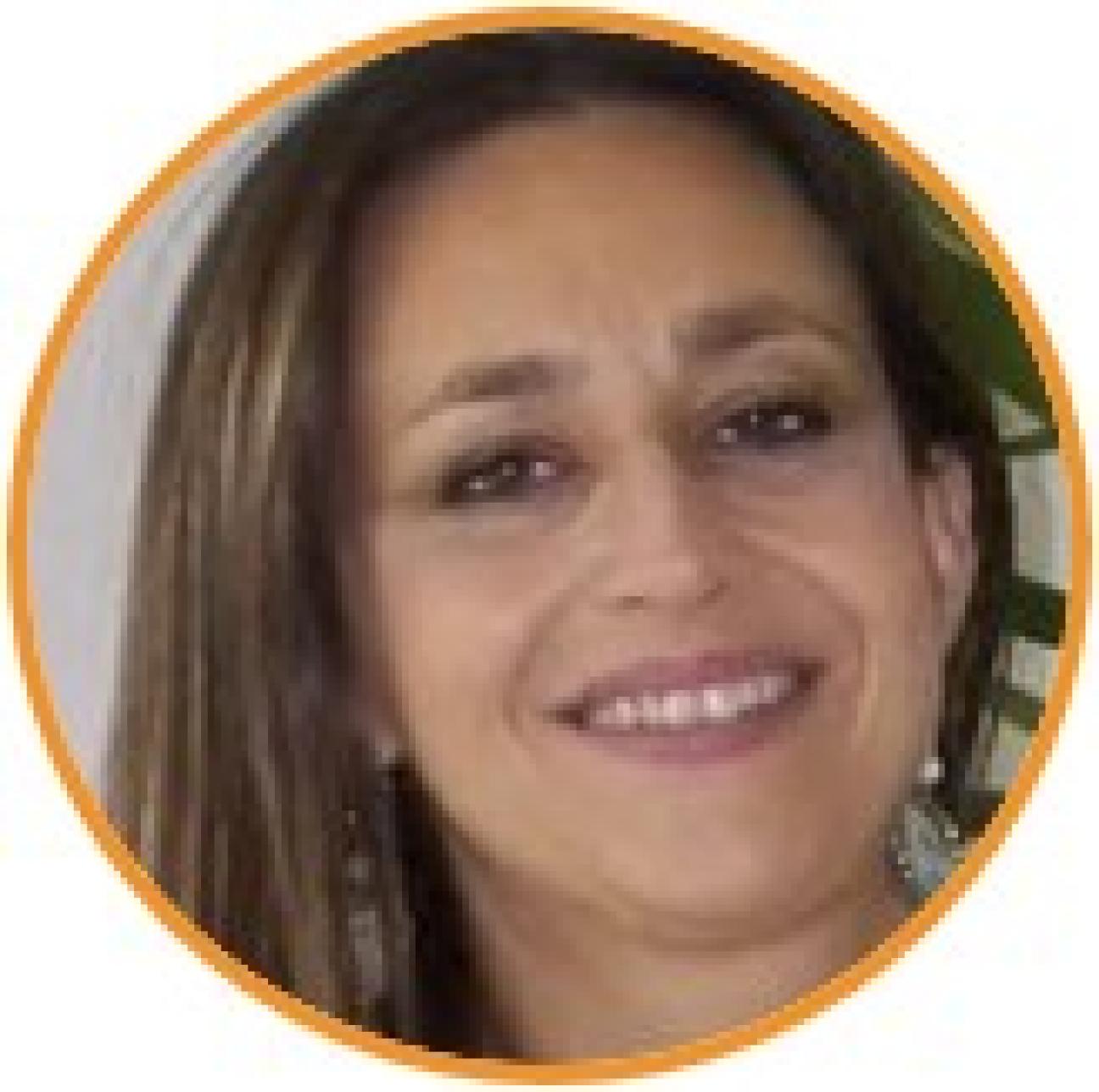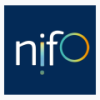We, the NIFO Team, would like to thank all those who have participated to the second edition of the NIFO coffee talks on how the European Interoperability Framework (EIF) has helped European public administrations reach higher levels of interoperability, that was held on Wednesday, 18 May 2022.
Special thanks go to our three guest speakers:
- Ms. Carla Marques Pereira, Director of Strategies and Digital Government at Portugal's Administrative Modernisation Agency (AMA);
- Ms. Vicky Margariti, Head of eGovernment and Interoperability Unit at the Hellenic Ministry of Digital Governance; and
- M. Mattias Ekhem, Information Architect at Sweden's Agency for Digitalisation (DIGG).
Their insights and best practices on how the European Interoperability Framework (EIF) has helped their countries reach higher levels of interoperability were very fruitful.


Ms. Margariti presented Greece's way of fostering interoperability through the use of the EIF. She first presented Greece's National Digital Strategy which encompasses the vision of the EIF, in order to foster digital transformation. She also presented the audience with Greece's roadmap to foster interoperability layers (Pillar 2) in her country, and provided details on the various actions undertaken by the Hellenic Ministry of Digital Governance to obtain high scores on all of the interoperability layers of the EIF, such as the creation and implementation of the National Programme for Process Simplifications, meant to reduce administrative burdens, and the creation of the Interoperability Centre, which is now the only electronic platform for interoperability and data exchange between governmental entities.

As promised, for further details, you can also download here below the presentation of the coffee talk which includes the questions received on the day of the event, together with their corresponding answers, as well as the recording of the coffee talk which is available here.
Please do not hesitate to contact us at ps_research@wavestone.com to share your feedback or any questions you may have with regards to this second edition of the NIFO coffee talk, as well as any recommendations and/or suggestions of topics for future NIFO coffee talks.

